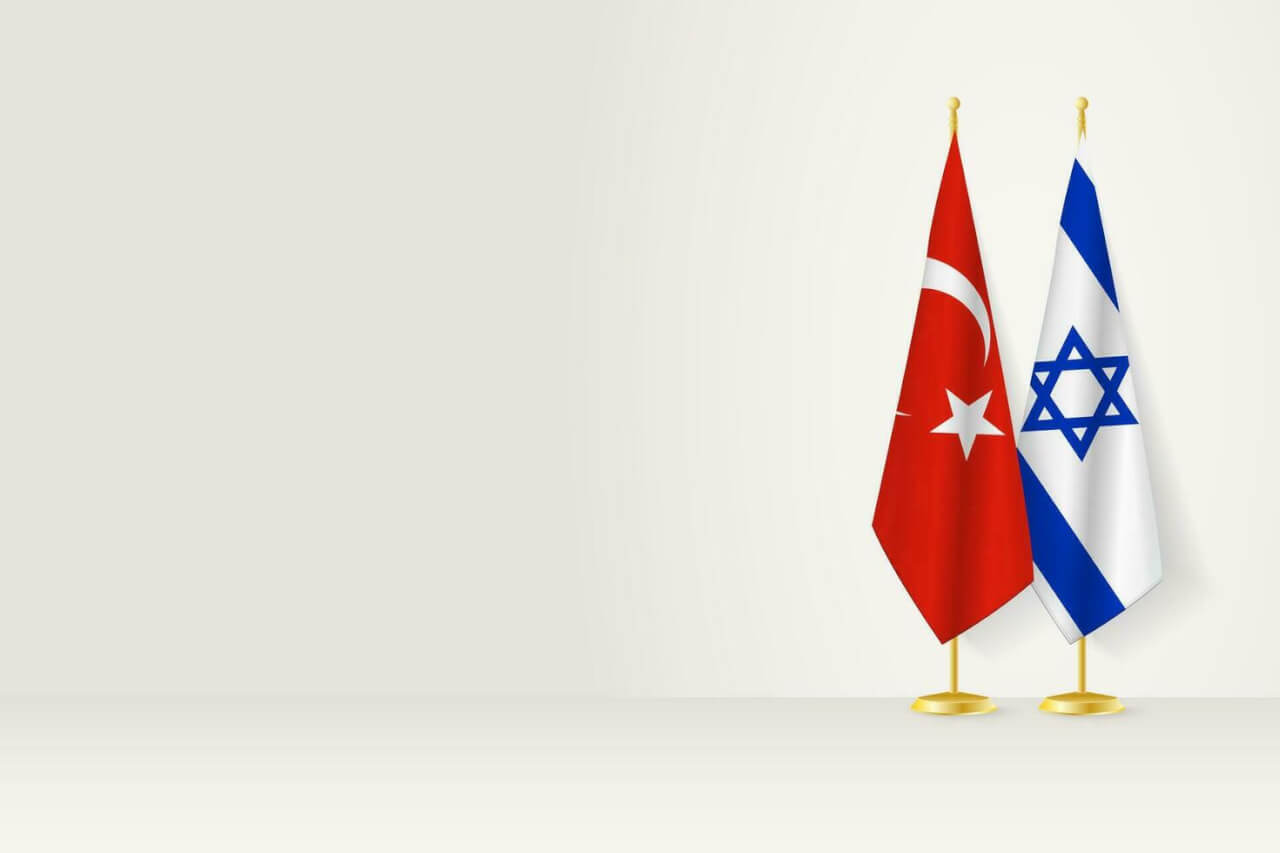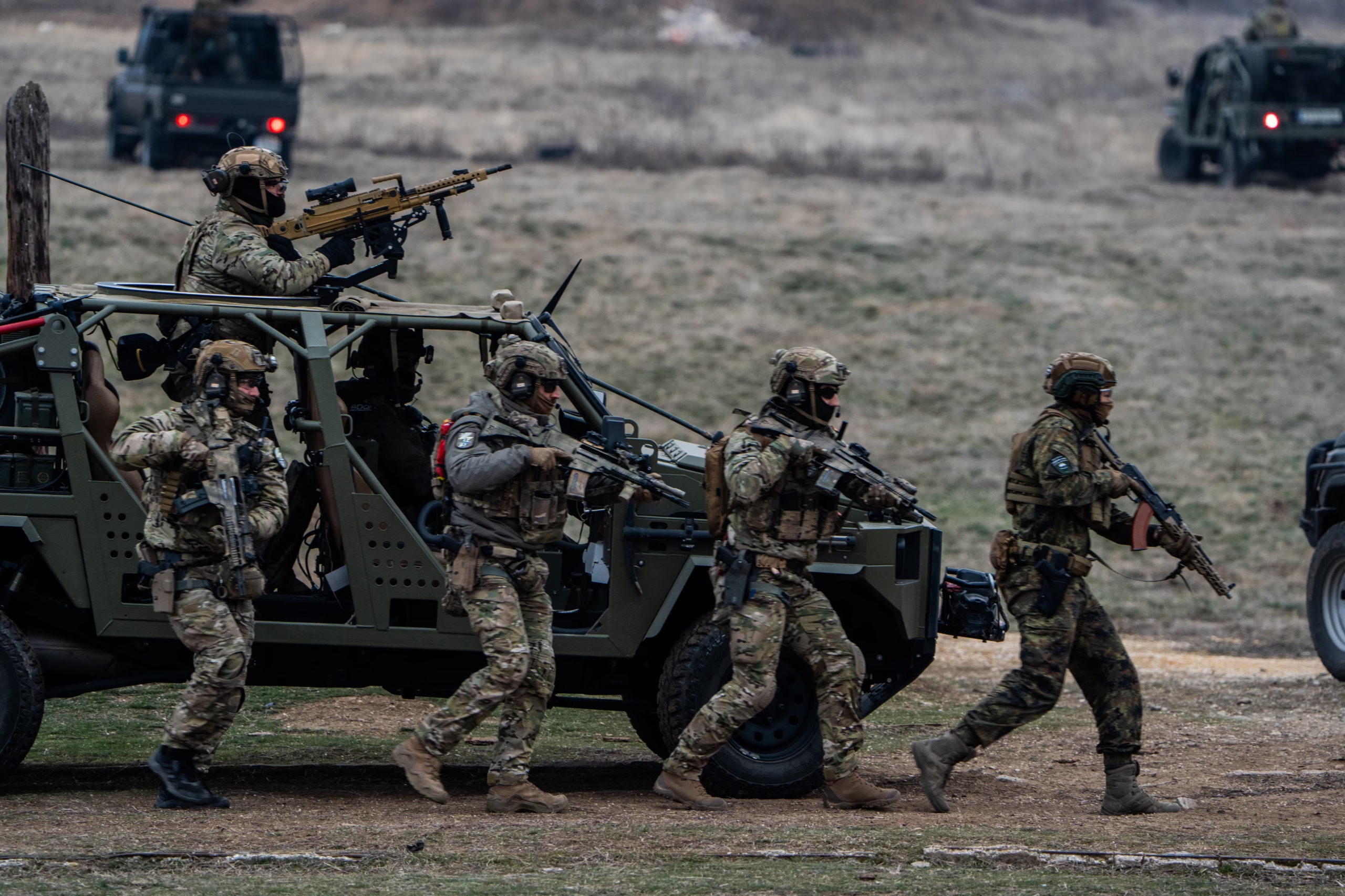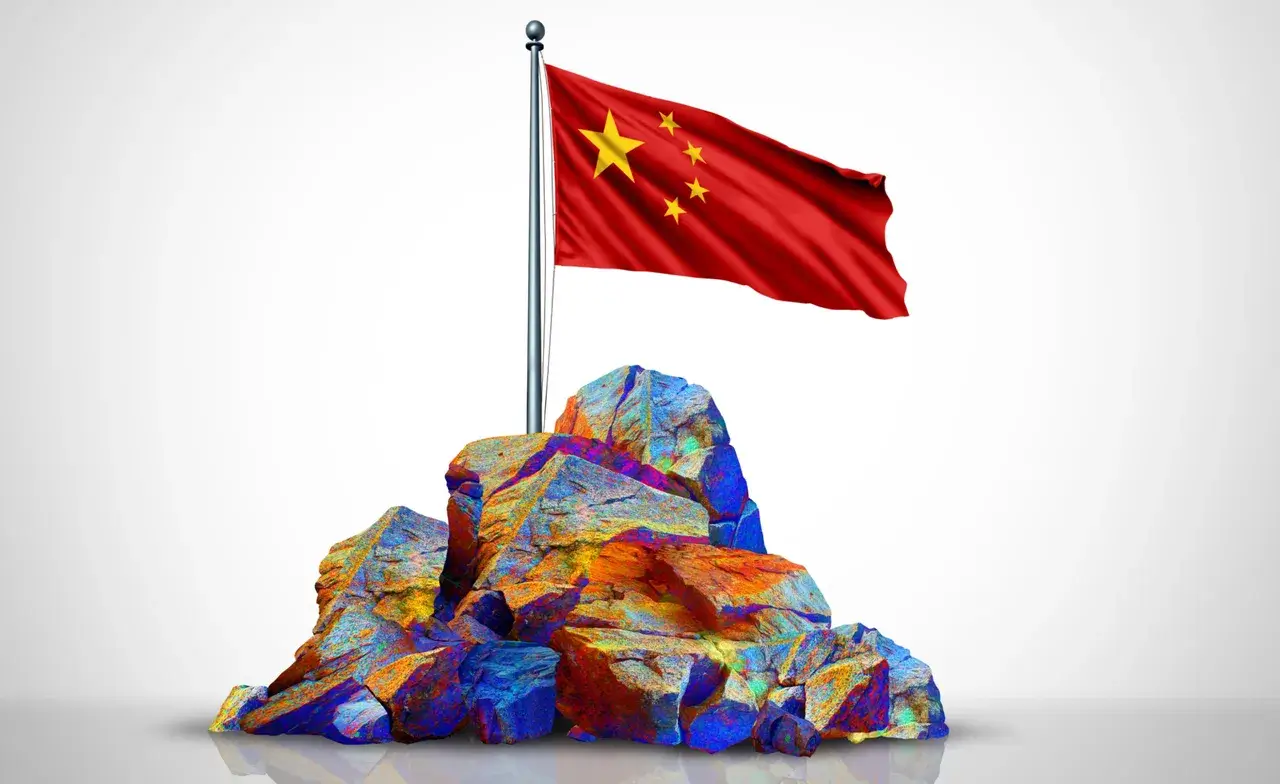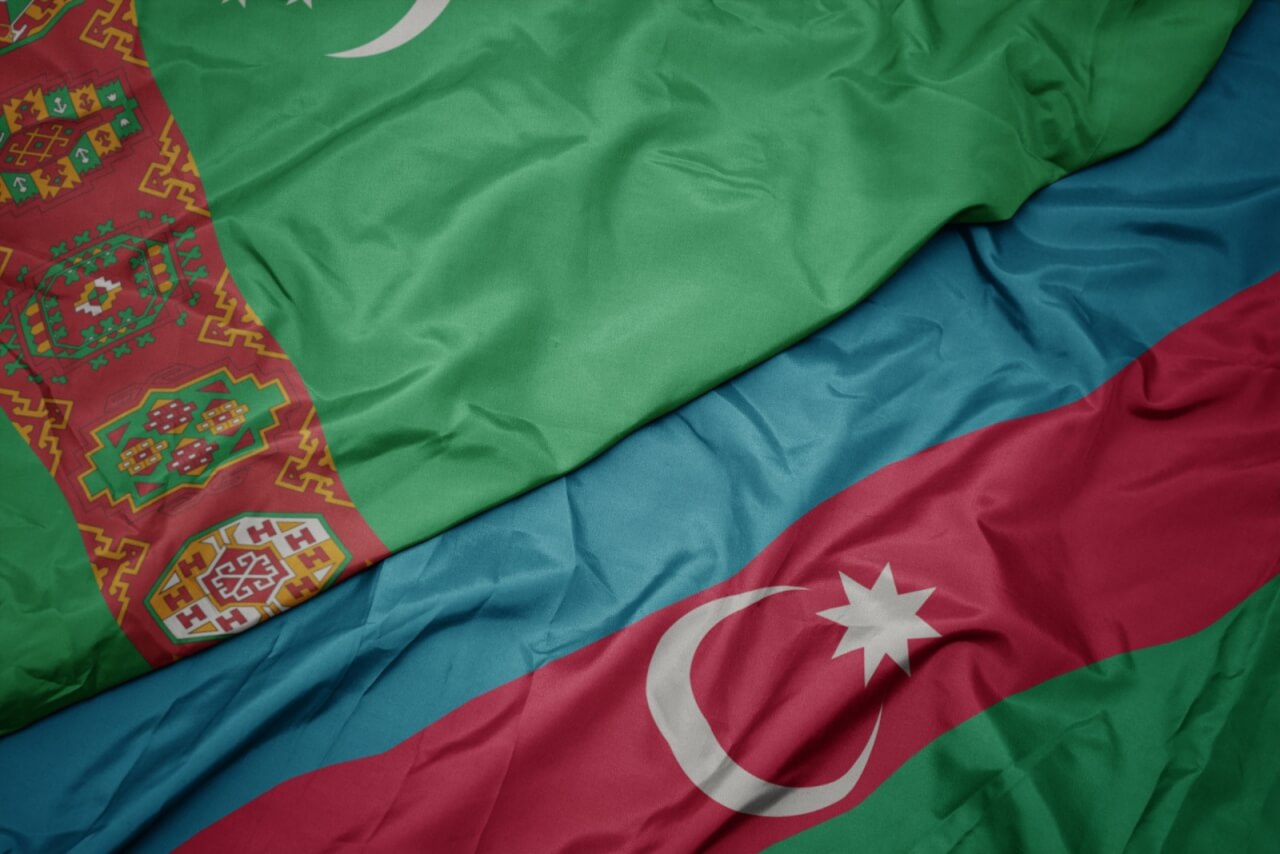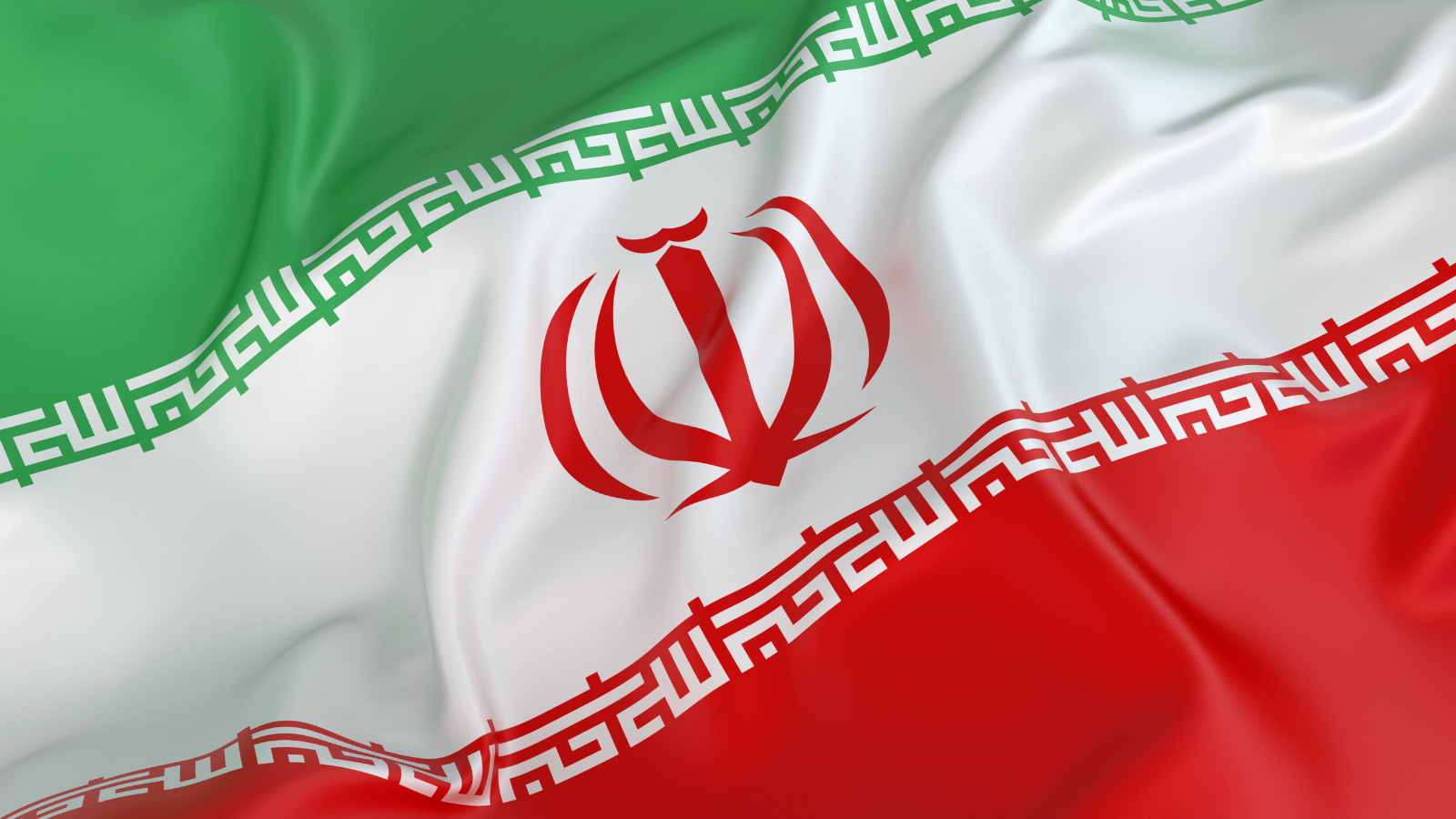The map of the Middle East has undergone significant changes. But this time, it’s not just borders that have been redrawn—power balances, roles, and long-standing assumptions have also been upended.
What remains is a vacuum: a region militarily cleared but not yet rebuilt with wisdom, cooperation, or a shared vision. And the responsibility for shaping this vacuum no longer rests with many—it now hinges on two actors alone: Israel and Türkiye.
Israel’s Hard Power: Opened the Field, but Can It Define the Path?
Since the mid-2020s, Israel has embarked on a systematic “strategic clearance” campaign, reinforcing its uncontested military dominance in the region:
- In Gaza, it neutralized Hamas and severed Palestinian territorial continuity.
- In Lebanon, it clipped both the military capacity and political reach of Hezbollah.
- In Syria, it dismantled the state’s military infrastructure and flattened air bases.
- Against Iran, it launched direct strikes, crippling three nuclear sites and eliminating key figures in the military command.
- In Iraq, it dismantled Iranian proxy networks and fractured the Shia axis.
- The Gulf states were aligned through the Abraham Accords.
- Egypt and Jordan remain under tight strategic containment.
All of this was achieved through a potent mix of U.S. strategic backing, Gulf capital, and Israel’s own unrivaled intelligence and military synergy. But military victories do not always translate into political leadership. The humanitarian catastrophe in Gaza has cast a long shadow over Israel’s regional legitimacy. Hard power, while extensive in reach, is proving increasingly fragile in depth.
Türkiye’s Role: Complex, Yet Constructive
There are no longer multiple credible actors capable of shaping the regional order. Only Israel and Türkiye remain with the political gravity and strategic bandwidth to influence outcomes.
Unlike Israel, Türkiye’s power is not direct—but that makes it potentially more sustainable:
- Not military might, but relational diplomacy,
- Not imposition, but facilitation,
- Not narrow self-interest, but a regional vision of shared equilibrium.
Türkiye is one of the few countries that can simultaneously engage with the West and the East, with China and the EU, with Russia and the Gulf. It is uniquely positioned to bring Saudi Arabia, Egypt, Qatar, and even Israel to the same table. In this sense, Türkiye is not just a regional actor—it can be the regional mind.
What Missiles Cleared, Can Wisdom Secure?
Yes, Israel has opened up strategic space through military force. But controlling this space long-term requires more than force. It demands ideas, partnerships, and legitimacy. Will the new Middle East be founded on militarism and containment? Or will its foundation be education, digital transformation, inclusive development, and economic cooperation? The answer will be primarily shaped by Türkiye’s orientation and resolve.
A New Kind of Struggle: Silent, Subtle, Strategic
The era of conventional warfare is coming to a close. The new regional contest will be fought on different planes:
- Not missiles, but data wars
- Not tanks, but narratives
- Not occupations, but interconnectedness
- Not territorial disputes, but cognitive battles
Few actors are equipped to operate fluently in this environment. Türkiye, with its geopolitical versatility and historical insight, is among the rare few. But to lead in this arena, it must first restore its own internal cohesion, democratic legitimacy, and economic resilience.
Fragile Actors, Slippery Ground
A glance at the region reveals a common theme: strategic fragility.
- Saudi Arabia remains reform-stalled, its social transformation incomplete.
- Egypt is locked in economic turmoil, with popular resilience wearing thin.
- Iran is besieged both externally and internally.
- The Gulf suffers from a lack of strategic depth.
- Israel, for all its strength, grows increasingly isolated.
Against this backdrop, Türkiye has the potential not to disrupt—but to design. But that role won’t fall into its lap. It will need strategic clarity, bold diplomacy, and an inclusive development model to earn it.
Rebuilding the Middle East: Not Maps, but Lives
The future of the Middle East is not merely a geopolitical project—it is a human reconstruction mission. And it must rest on five essential pillars:
- Educational transformation: A shift from dogma to critical thinking, from rote memorization to innovation and plurality.
- Empowering women and youth: Not just as beneficiaries but as equal architects of the future.
- Green and digital economy: Sustainable solutions in energy, water, agriculture, and tech must replace rentier mentalities.
- Regional economic integration: Shared markets, investment funds, and a new regional development bank anchored in mutual interest.
- Confronting historical memory: Without truth and justice, no reconciliation—nor sustainable peace—is possible.
Türkiye is uniquely equipped to lead on all these fronts—if it chooses to act not only out of national ambition but out of regional responsibility.
Final Thought: Those Who Draw the Map, Shape the Future
The cards have been reshuffled. Power has been demonstrated. And now, only two players remain at the center of the table: Israel and Türkiye. The rest are either supporting actors or strategic spectators. Together, these two countries can catalyze a new era of peace, cooperation, and prosperity. But if competition is driven by instinct rather than intelligence, this head-to-head positioning could evolve into open confrontation. That is why the moment calls not for posturing, but for prudent statesmanship.
Backchannel diplomacy between Ankara and Tel Aviv is no longer optional—it is imperative. If reason is to prevail, the time is now. The map has already been redrawn. What remains is to rebuild life upon it—with vision, with fairness, and with shared resolve.

